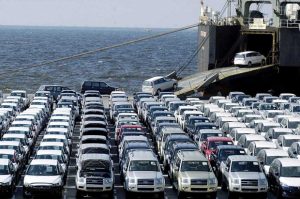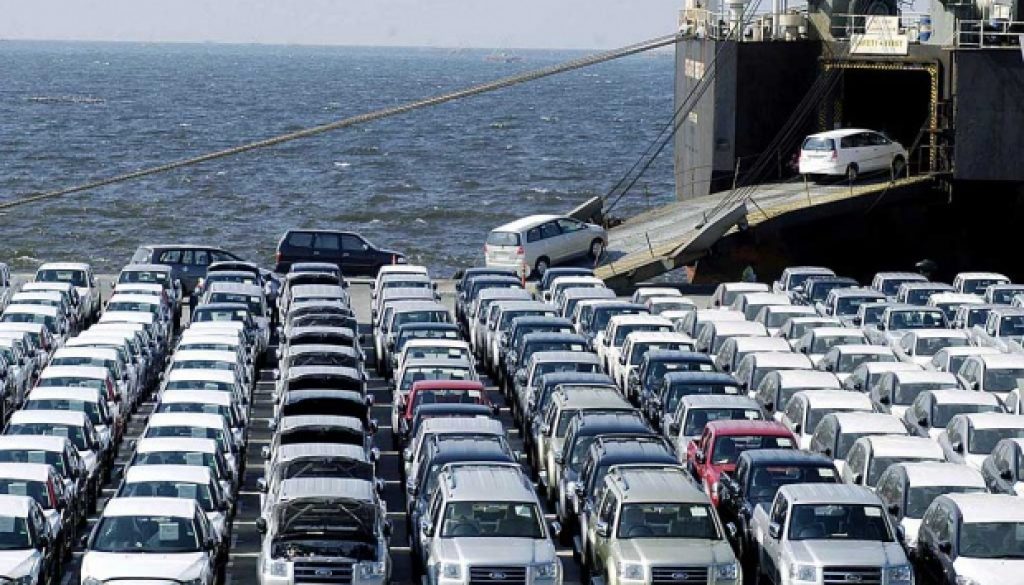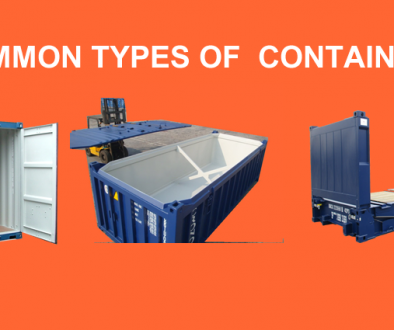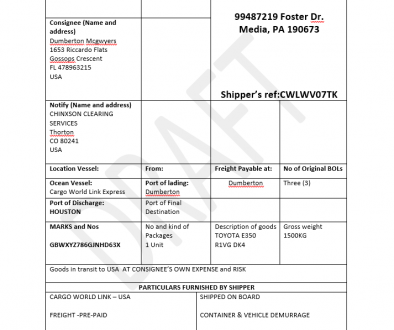How to Prepare and Ship a Car from UK

Before we receive your vehicle for shipment, please consider the following:
Shipping a car from UK need not be a hassle. Preparing your car for export from UK is a simple process. You however need to take some basic precautions so that you do not waste time or incur unnecessary and avoidable costs.
• Most car shipping vessels do not allow you to load personal belongings for safety reasons. However, where acceptable, you load personal belongings at your own risk. Most insurance companies do not insure loaded goods inside the car, YOU MUST THEREFORE CHECK WITH YOUR INSURANCE COMPANY BEFORE LOADING ANY EXTRA PERSONAL BELONGINGS INTO YOUR VEHICLE.
The following items are considered part of the vehicle:
– Children’s car seat when securely affixed.
– Jumper cables and minor tools (factory items, properly stowed)
– Driver Manual
– First-aid and/or emergency supplies kit
– Ice scraper and snow brush
– Spare tyre and tyre changing tools (properly stowed)
• Car cover, Non-runners will not be accepted for shipment on roll on roll of method. Vehicles must be in full operating, road worthy and in safe condition.
• Check to see that your vehicle is in good running order. Tyres, battery and a working emergency brake and no fuel/oil leaks are important to ensure smooth handling during shipment.
• Remove all loose items and personal belongings from the vehicle.
• Alarm systems must be disabled prior to shipment if possible
• Vehicles must have a minimum road clearance of 4 inches to safely load and unload.
• Repair all broken, loose or rusted parts whenever possible. No aerosols, motor oil, windshield washer fluid, combustibles or spare fluids can be shipped as excess cargo inside the vehicle.
• Your fuel tank should be one quarter (1/4) to one half (1/2) full. Top up all other fluids .If vehicle is received with too much fuel, the fuel may be emptied before shipping it and you will not get it back. During colder months be sure your car is properly winterized.
• Any accessories not permanently mounted to the vehicle should be removed. Be certain the jack, wheel-nut key and spare tyre are properly stowed as most shipping vessels cannot be held responsible for any loses.
• A photocopy of the vehicle registration should be placed in the glove box. (Original is not required).
• Please inform us of any security features, starting instructions or details pertinent to the handling of your vehicle. Leave a written copy on the front seat of the vehicle and advise our driver.
• External auxiliary fuel tanks are not permitted
• Caps/Canopies on pickup trucks must be properly bolted to the box of the truck to ensure safe delivery.
• Electric vehicles should be fully charged before being shipped- Purchase Marine Insurance
You should purchase marine insurance to cover your car for the actual time it will spend on the sea/ocean. The ocean carrier will have insurance to cover the goods it’s transporting; however, it is minimal and will not replace your vehicle should damage or loss occur. Ask our booking office for free guidance on how you can get advice on marine insurance and what can be covered, then weigh the cost of purchasing additional coverage.
Find Out About Customs Duty, Taxes and Additional Charges
Before your vehicle leaves UK, you are advised to contact the Consulate of your destination country to find out the rules and regulations surrounding customs duty and sales tax. Paying these costs sometimes depend on your employment status, residence status and how long you’ve owned your car. Our booking office should also be able to help you by either providing you with the importation requirements or with a name of someone you could contact in your destination country. Either way, find out ahead of time, so you’re prepared.
Also, find out if there will be any port handling charges. Most ports will charge fees for terminal handling, off-loading and documentation. Each port varies in the amount charged, so ask your shipper for an estimate of these fees and add them to your total shipping cost.




